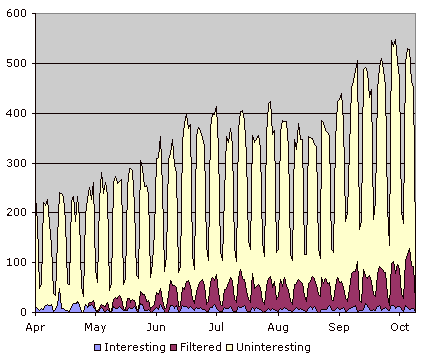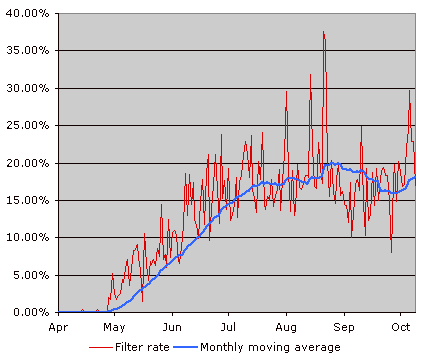Pay for the razor, pay for the blades
King Gillette is famous for his invention of the disposable-blade razor, and the associated business model, “give away the razor, sell the blades”. This strategy was widely imitated, but it seems marketers have struck an even better one: why give away the razor when you can make the chumps pay for it?
There are a number of products, some high-tech and some not where you actually pay handsomely for a device that is a doorstop without proprietary refills or service. Some examples:
-
In the US, most cell phones are either hard-wired to a specific service provider (CDMA) or SIM-locked (GSM). A consumers’ group is fighting in court to ban or at least limit in time the practice, which is either outlawed or strictly regulated in most other countries.
Sure, the carrier is subsidizing the handset, but that is offset by extra profit margins in the contract. Once the contract’s minimum term is over, there is no justification whatsoever for maintaining the SIM lock. AT&T was one of the most egregious offenders, it is not clear if their policy will change after their takeover by Cingular.
I suspect one of the big reasons for SIM lock is so carriers can charge extortionate international roaming charges, since without SIM lock, it would be cheaper to just pop in a prepaid SIM card in the country you are visiting. Actually, roaming charges are so overpriced that it is cheaper to just buy a new phone for the prepaid card and toss it away afterwards.
There are real externality costs to society due to distortions in consumer behavior from carrier policies. Many people throw away their old cell phones when they change service or renew a contract, as the subsidy is only applicable towards a new phone purchase, never granted as a rebate to people opting to keep their older but perfectly serviceable phone. In California alone, 44,650 cell phones are discarded each day, usually ending up in landfill, at tremendous cost to the environment.
-
MP3.com founder Michael Robertson is suing Vonage for trying to extend the same despicable lock-in model to VoIP, with what he claims is deceptive advertising. Most commentators have rushed to Vonage’s defense — apparently, for many geeks the company can do no wrong, like Google. I have no such compunctions, as I have in the past received completely unsolicited spam from them, and thus as far as I am concerned, they fit in the “scum” category.
-
In a great illustration of the power of cognitive dissonance, TiVo is another company with rabid and uncritical fans. Originally, TiVo PVRs would remain somewhat functional even without the TiVo service. Sure, you would have to program shows manually, but that is no worse than most VCRs. Over successive software updates, TiVo have reduced their PVRs’ autonomy until they are now effectively useless without the service.
-
Inkjet printer manufacturers use all sorts of tricks to protect their racket, including putting in microchips designed to foil refilling or the use of third-party cartridges. Lexmark even tried to abuse the DMCA to prevent a competitor from selling reverse-engineered cartridge chips. All this so inkjet ink can remain the most expensive liquid, at significantly higher cost per milliliter than Chanel No. 5 or vintage Dom Perignon.
As in most cases the utility of the machine without the overpriced refills or service is nil, the fair market price for it should be zero. The Vonage/Linksys situation is a special case as the wireless router remains partially usable, albeit without VoIP features if you switch providers. But marketers will keep trying to have it both ways until consumers push back by implementing a zero-tolerance policy, akin to the “broken-window” theory of policing. Do not accept to pay for a cell phone from a carrier that refuses to unlock it after a reasonable amount of time. Refuse to purchase digital devices that require service from a specific vendor to function.


